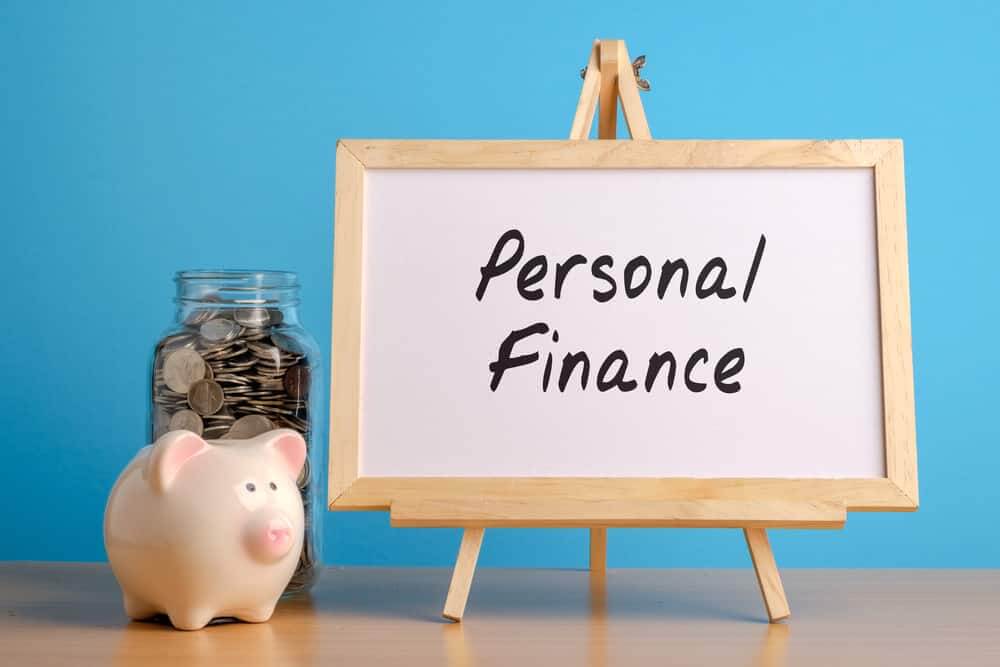
What is Personal Finance?
Personal finance covers managing the money while saving and investing. It includes banking, budgeting, investments, insurance, tax, mortgages, estate, and retirement planning. This term usually applies to the entire industry that contributes financial services to households and individuals while advising them about investment and financial opportunities.
Personal finance is about engaging personal business goals, whether planning for retirement, having sufficient income for short-term financial needs, or saving children’s college education. It all depends on a person’s income, expenses, individual goals, and living requirements. Finally, it forms a plan to meet those needs within the financial constraints. In order to make the most of the savings and income, it’s essential to educate yourself financially. After that, you can differentiate between good and bad advice that will help you to make smart decisions.
KEY TAKEAWAYS
- It is essential to learn the basics of financial planning through podcasts, courses, free online articles, or blogs.
- Smart personal finance includes generating strategies that involve budgeting, paying off debt, saving for retirement, building an emergency fund, using credit cards sensibly, and many more.
- Being organized is essential, but it’s also helpful to know when to reconsider some rules. For example, some adults who invest around 15% to 25% of their income for retirement might want to take these funds to buy a house instead.
Some Personal Finance Strategies
It is better to start financial planning earlier, but it’s never too late to build financial goals to create financial security and freedom for yourself. Here are the best tips and some practices for someone interested in personal finance.
- Work on a budget
A budget is necessary to living and saving enough to reach your long-term intentions. Here is the budgeting method offering a great 50/30/20 framework. It covers these:
- Fifty percent of your net income includes living essentials, such as utilities, transportation, rent, and groceries.
- Thirty percent covers optional expenses, such as shopping for clothes or dining out. Charity activities can go here as well.
- Twenty percent should go toward the future, such as saving for retirement, emergencies, and paying the debt.
As we have already mentioned before, budgeting is not easy, but it is getting so much easier today. There are a growing number of personal budgeting apps available for smartphones that can organize daily finances. Here are examples:
- YNAB is for tracking your money which can also adjust your spending.
- Mint is able to control cash flow, credit cards, budgets, bills, and investment. It automatically categorizes and updates your financial data, so you always know your financial situation.
- It would help if you also considered creating an emergency fund
It’s necessary to set aside some of your income for unexpected expenses, such as a car repair, medical bills, and others. It would be best if you considered putting aside around four to eight months’ worth of living expenses. Financial experts recommend saving 20% of your salary every month. Once you manage to fill up your emergency capital, you should keep doing it.
Some necessary steps
- Limit debt
It would be best if you understood the idea of buying things that you really need instead of filling up a house with unnecessary stuff. It would help if you also kept in mind that spending more than you earn is not wiser.
- Use credit and debit cards wisely
Credit cards are major traps, but it’s not unusual in today’s world. All you need to do is manage your Credit correctly, which means you have to fill your balance every month.
- Monitor your credit record
It would be best if you kept an eye on Credit cards. They are the primary medium that shows your credit score.
- Consider your family
It would be best if you considered protecting the assets in your estate. You should also make sure that your wishes follow the plan after your death, so be sure to make a will. It would help if you also looked into insurance that covers the house, life, and auto insurance. Other important documents include power of attorney. Besides that, teach your children about the value of money and explain the importance of saving, investing, and spending sensibly.
Personal Finance Principles
After establishing some basic procedures, you can begin to think about learning a new set of skills. It would help if you understood that these principles contribute to success in business and your personal money management.
Prioritization – meaning that you can check your finances, observe what keeps the money rolling in, and ensure that you remain focused on them.
Educate Yourself About Personal Finance
A few schools offer courses in money management, so you need to work on yourself to get all the necessary information. Fortunately, you can study everything you need for free, whether online or in the library. You no longer need to spend money to find out how to manage your finances better.


